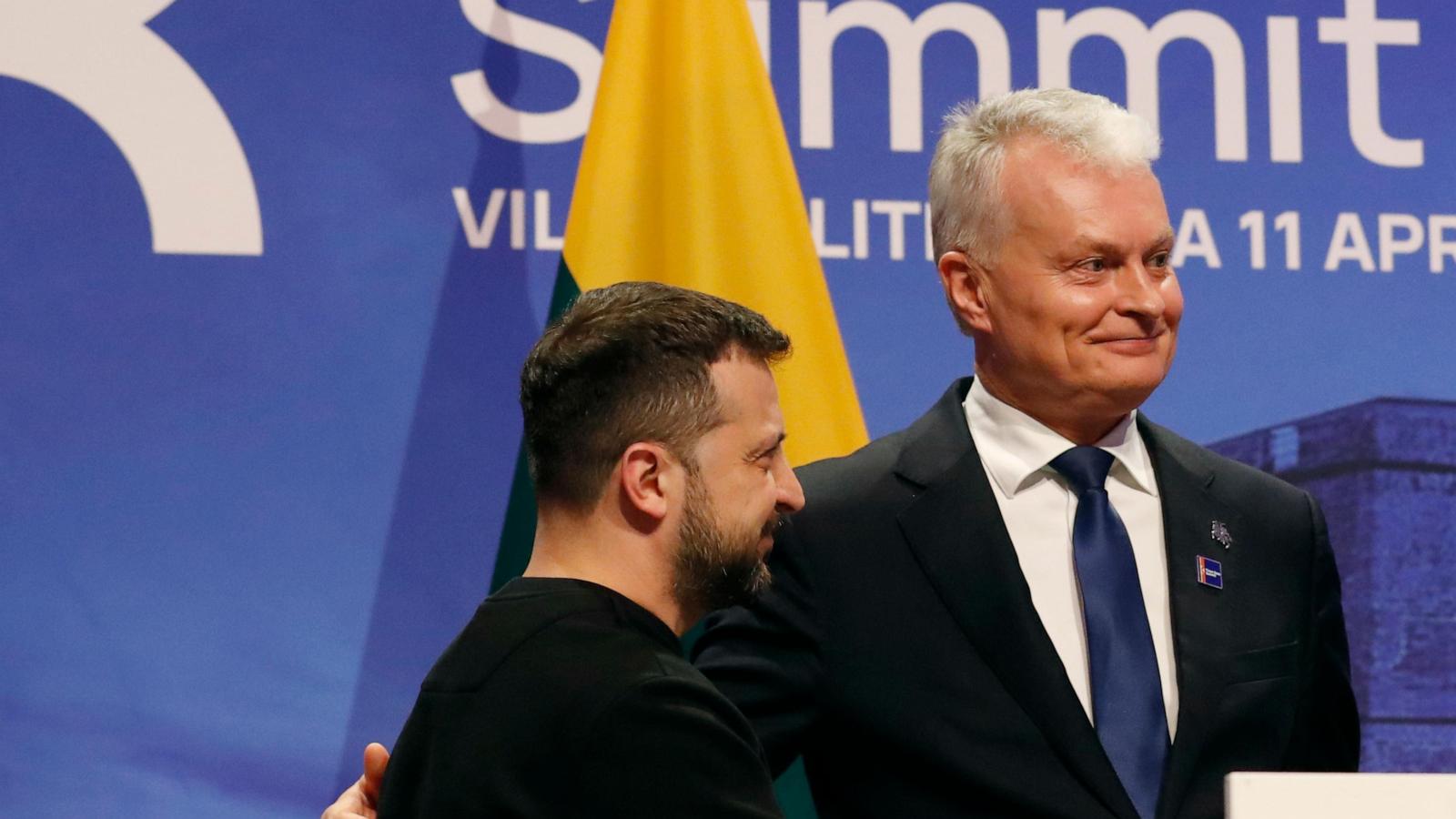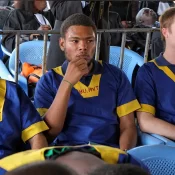
Lithuania Will Have A Presidential Election Despite Growing Fears About Russia’s Plans
Increased worries about Russia’s advances in Ukraine are a major concern as Lithuania gets ready for its presidential election on Sunday. These worries are affecting all of Europe, but especially the strategically important Baltic area.
Increased worries about Russia’s advances in Ukraine are a major concern as Lithuania gets ready for its presidential election on Sunday. These worries are affecting all of Europe, but especially the strategically important Baltic area.
With a lot of support from the public, President Gitanas Nausėda is expected to be re-elected to a five-year term. But with eight contenders in the race, it seems unlikely that any one of them would receive the 50% of the vote needed to win the race outright. A runoff election is planned for May 26 in case of a tie.
In Lithuania, the president has crucial duties that include supervising foreign and security policy and acting as the head of state for the armed forces. Despite Lithuania’s small size, the presidency is very important because of the country’s strategic location along NATO’s eastern flank and the larger geopolitical confrontation between Russia and the West.
Concern over Russia’s increasing influence in Ukraine is evident in Lithuania, as well as in neighboring Latvia and Estonia. After the fall of the Soviet Union, all three of the Baltic states gained independence and vowed to follow a straight westward path by joining the European Union and NATO.
President Nausėda is a moderate conservative who has been a strong supporter of Ukraine and has gained backing from both political parties for his strong foreign policy positions. Lithuania has given refuge to many people escaping authoritarian governments in Belarus, a neighboring country, and growing repression in Russia throughout his term in office.
Prime Minister Ingrida Šimonytė and populist lawyer Ignas Vėgėlė, who is currently polling in second place, are Nausėda’s primary opponents in the presidential contest. Opinion polls continue to show Nausėda leading, but some voters—such as teacher Asta Valanciene—choose Šimonytė because of her extensive political background. Conversely, Nausėda is a former banker who made a successful transition into politics in 2019 by running for president.
Because of the COVID-19 pandemic, Vėgėlė has gained notoriety for his outspoken criticism of vaccination and lockdown regulations. Vėgėlė’s second-place result could have a big influence on Lithuanian politics before the country’s legislative elections later this year.
A referendum on changing the constitution to allow Lithuanians living overseas to hold dual citizenship is also on Sunday’s ballot. The goal of the proposed amendment is to solve Lithuania’s demographic issues, as a sizable section of its people has migrated abroad.
Adopting a different nationality currently requires Lithuanians to renounce their Lithuanian citizenship. People who have naturally earned Lithuanian citizenship, however, will no longer be required to give it up if they obtain citizenship in a nation that is friendly to Lithuania if the 1992 Constitution is revised.
All Categories
Recent Posts
Tags
+13162306000
zoneyetu@yahoo.com



